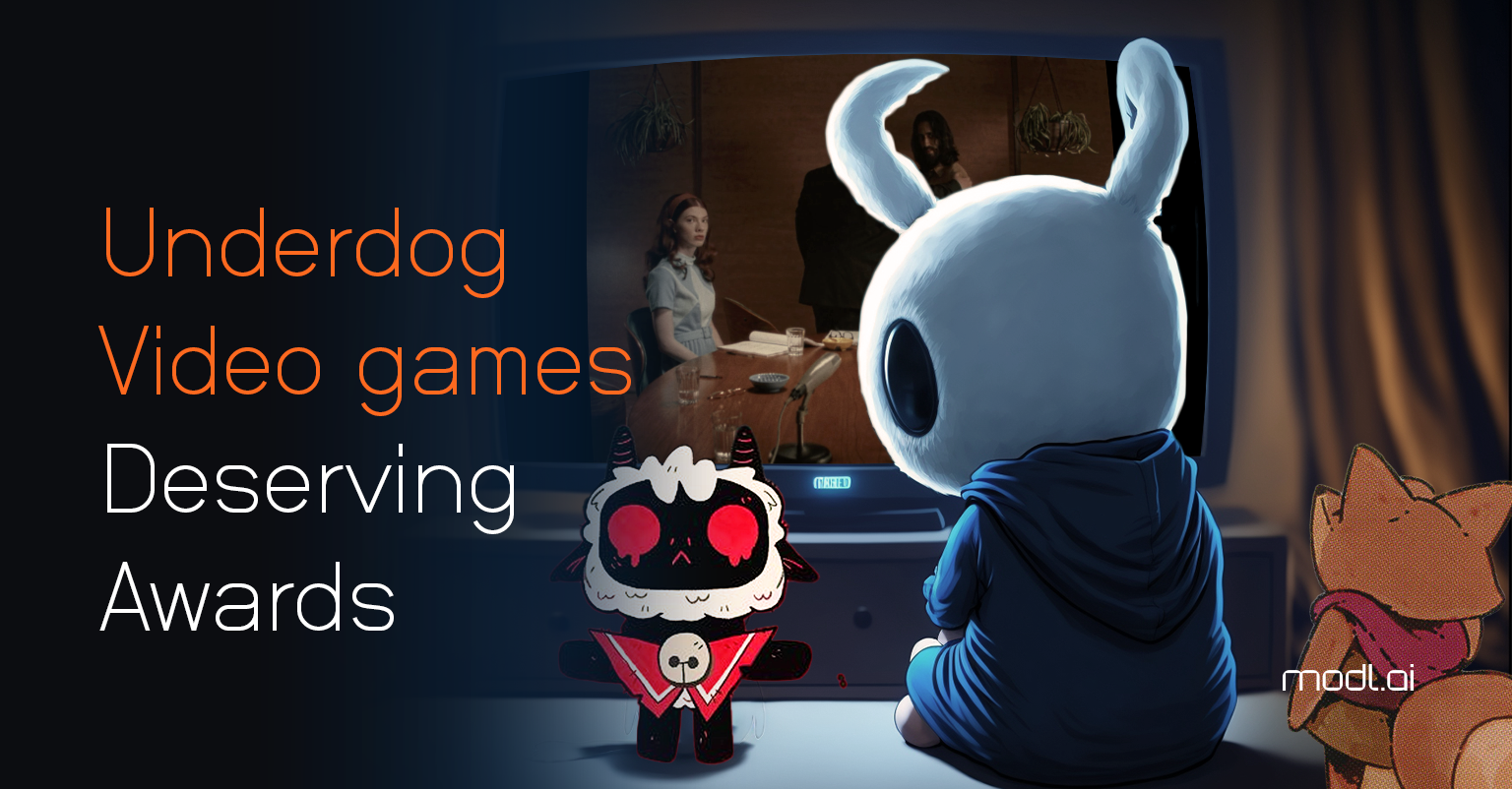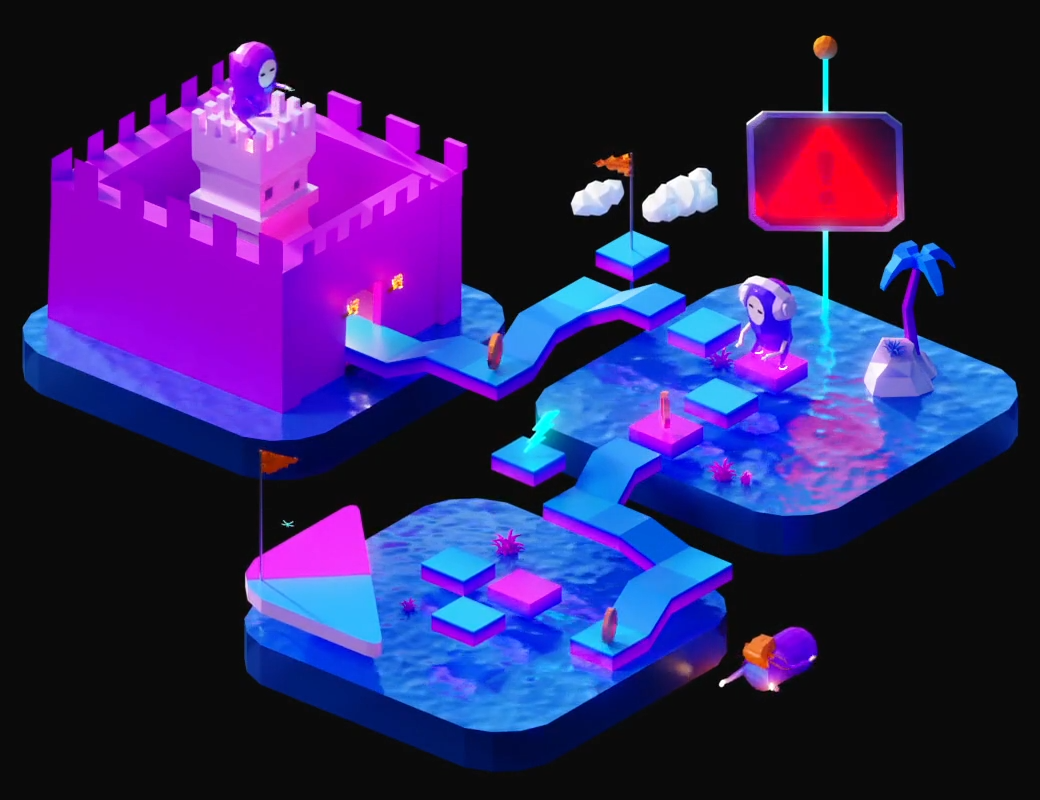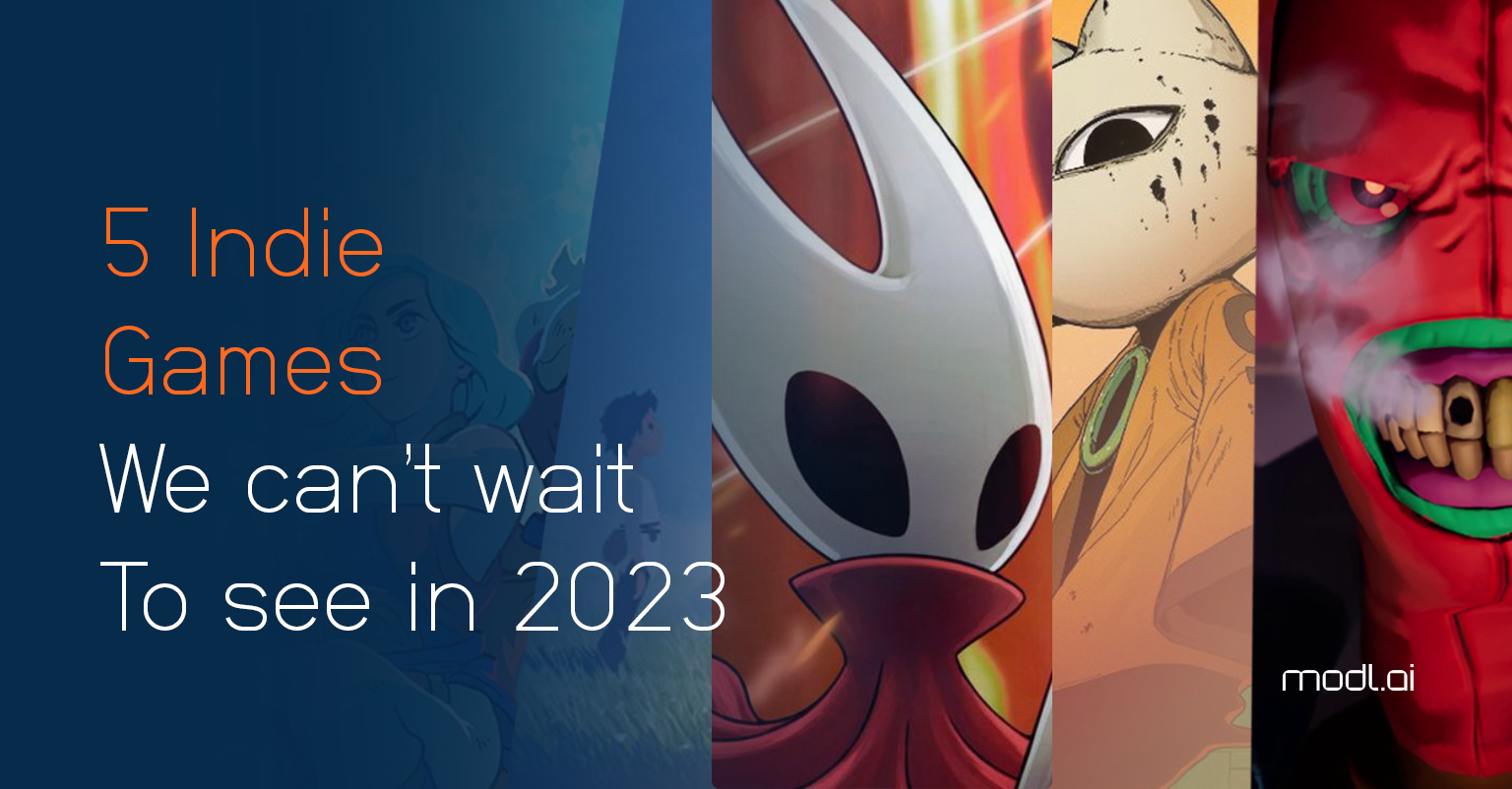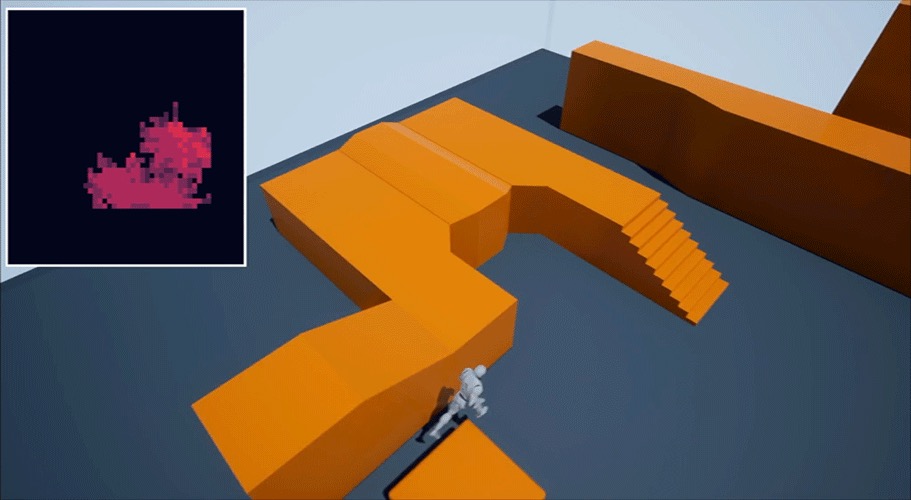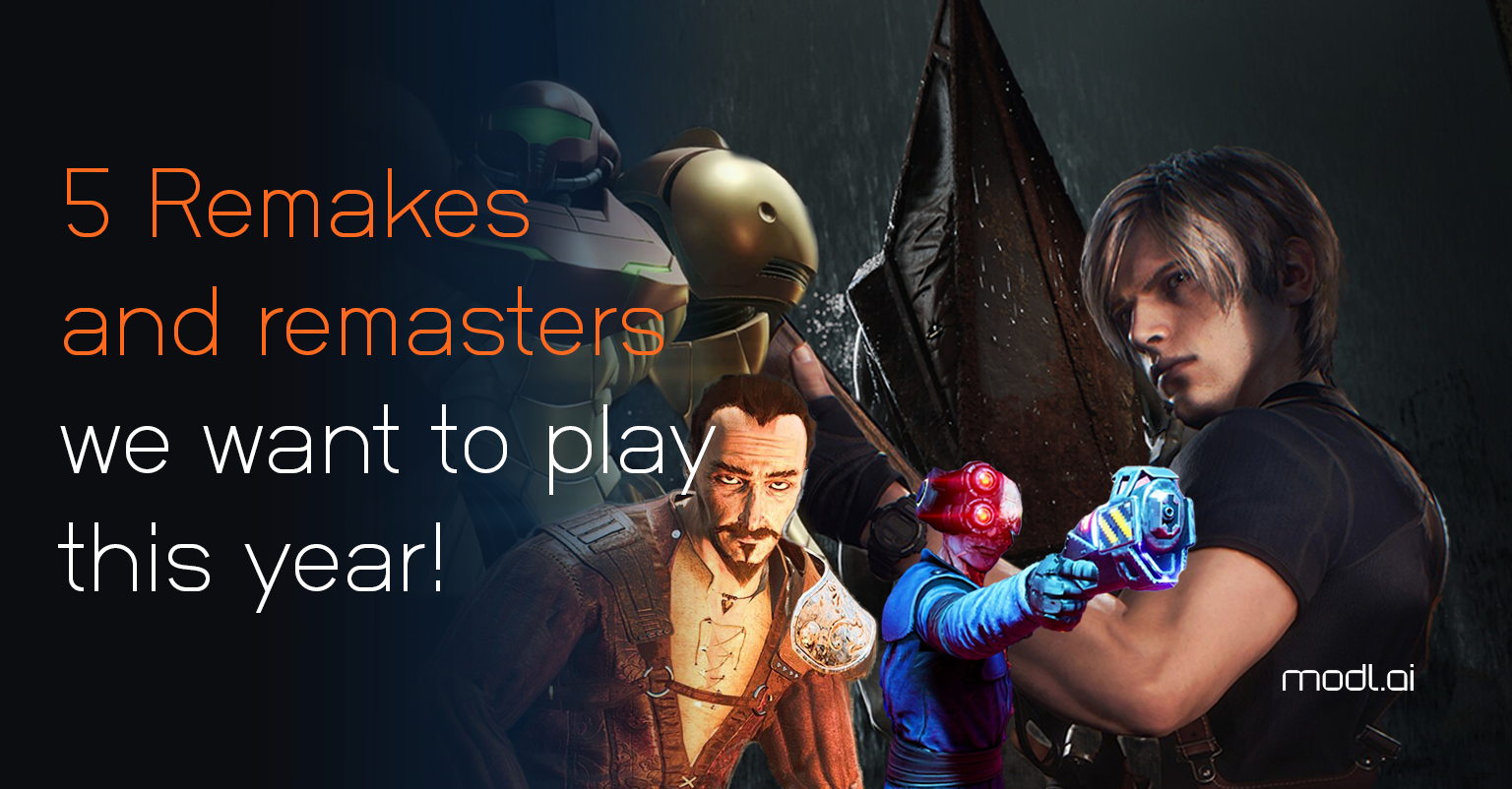The report includes 119 companies across 18 categories
We’re proud to share that Modl.ai has been included as one of two AI-powered testing solutions serving modern game developers in Omdia’s latest AI games tech vendor ecosystem.
The full report, titled “AI in the Games Industry: State of the Market”, was released in October 2024 and featured a comprehensive list of vendors offering AI-powered solutions for professional game developers. It categorizes 119 companies into 18 different technology groups, including 3D asset creation, world building, user acquisition and more. The full report is available for download to Omdia Games Tech Intelligence subscribers.
The diverse vendor map, along with the rest of the report, paints a compelling picture of AI technology’s immense potential within games. Liam Deane, the principal games tech analyst at Omdia and author of the report, encapsulates this sentiment well in his announcement post for the report on LinkedIn, explaining how “there’s no doubt that this picture is going to continue evolving rapidly, particularly as tools in many of these categories begin to hit the market in earnest over the next year and we start to see the early winners and losers emerging.”
We’re inclined to agree with Liam, as we’ve seen a confluence of market trends combine to create the ideal environment for innovation in the application of AI in games. The ever-growing scale and complexity inherent in the games-as-a-service model leads to aggressive content roadmaps that can extend years into the future. This has been especially relevant to the unique and often under-appreciated field of games testing. As more developers operate at this scale, catching and resolving bugs before launch can save developers millions of dollars in lost revenue. We’re confident that behavioral AI engines for games are the way to achieve that.
It’s a unique privilege to be counted among the pioneers of AI-powered technology for games, and we’d like to congratulate our friends at Agentic for helping us round out the category. As the value of AI-powered testing solutions becomes increasingly apparent to the industry at large, we look forward to seeing more of our peers contribute to helping solve the challenges of modern QA.
At modl.ai, we empower game developers with extraordinary AI technology that helps unlock the potential of their games. With solutions like modl:test and modl:play, we help game studios build better games faster. Contact us today to learn how AI can transform your development pipeline.




